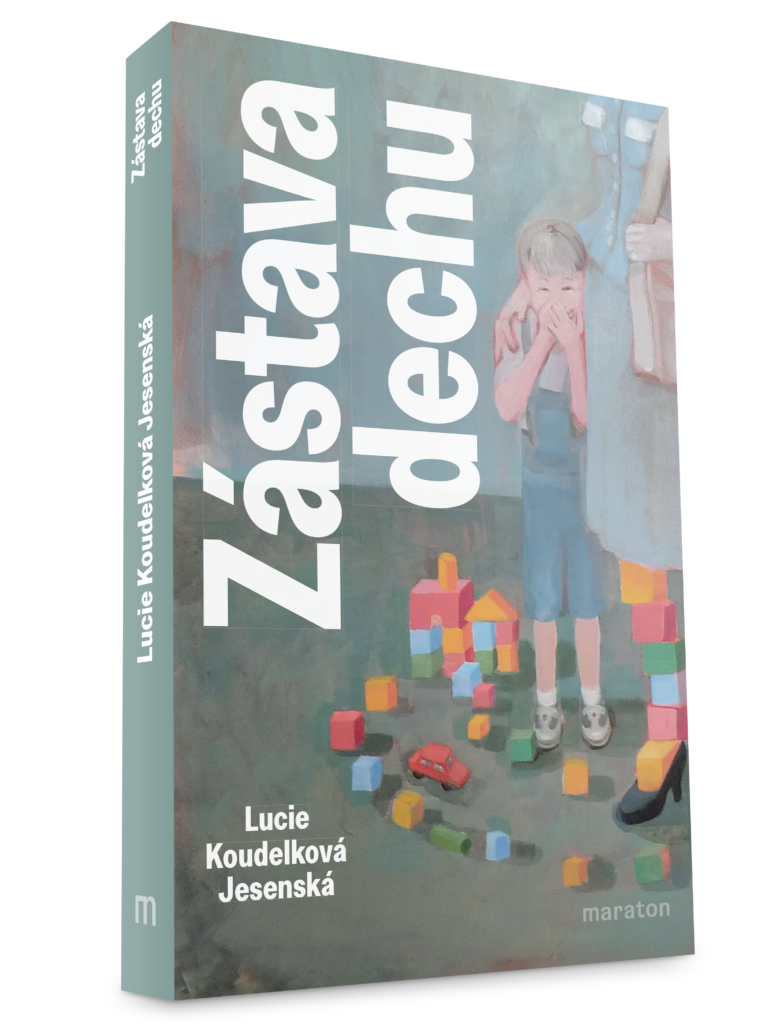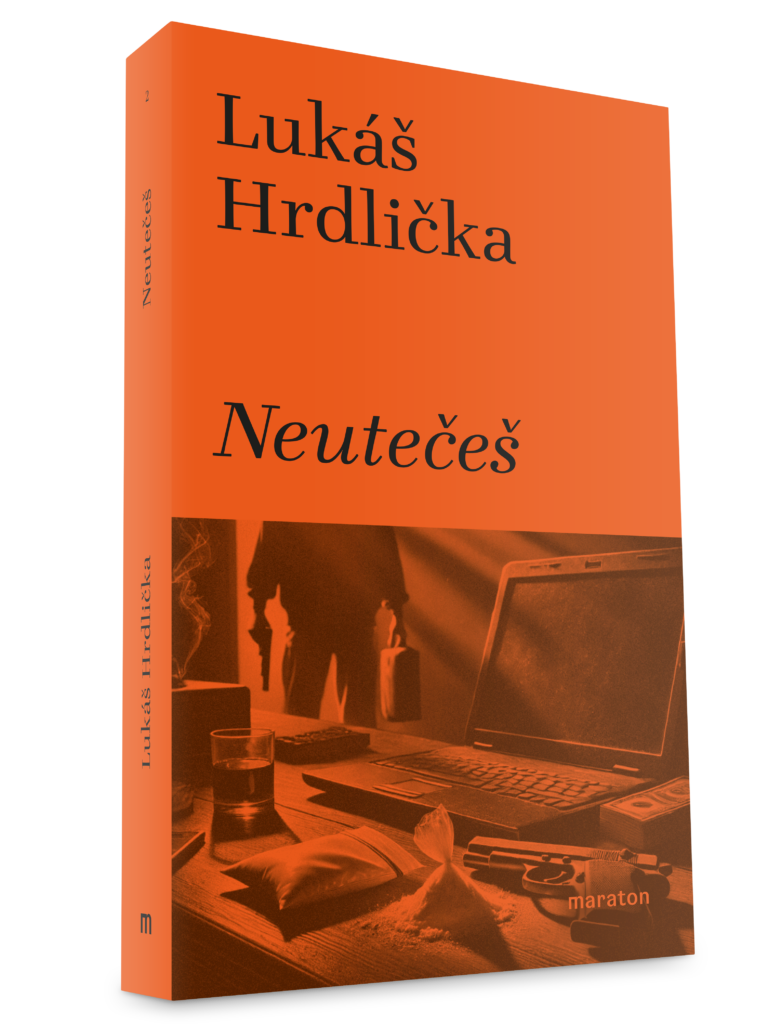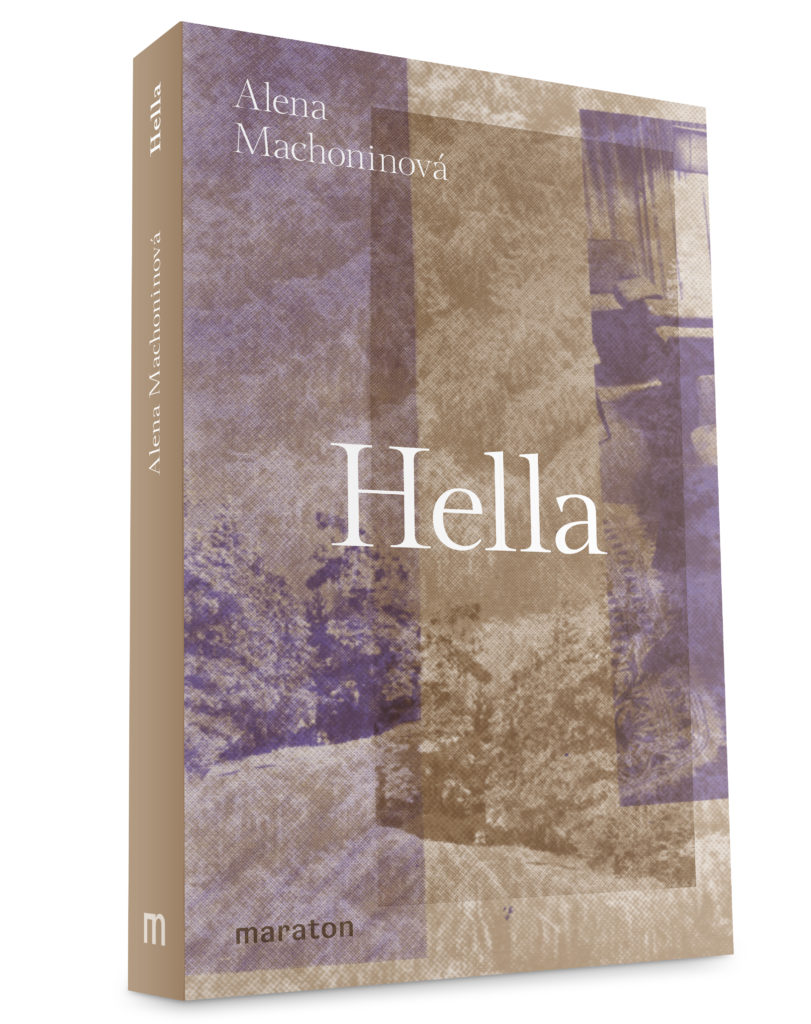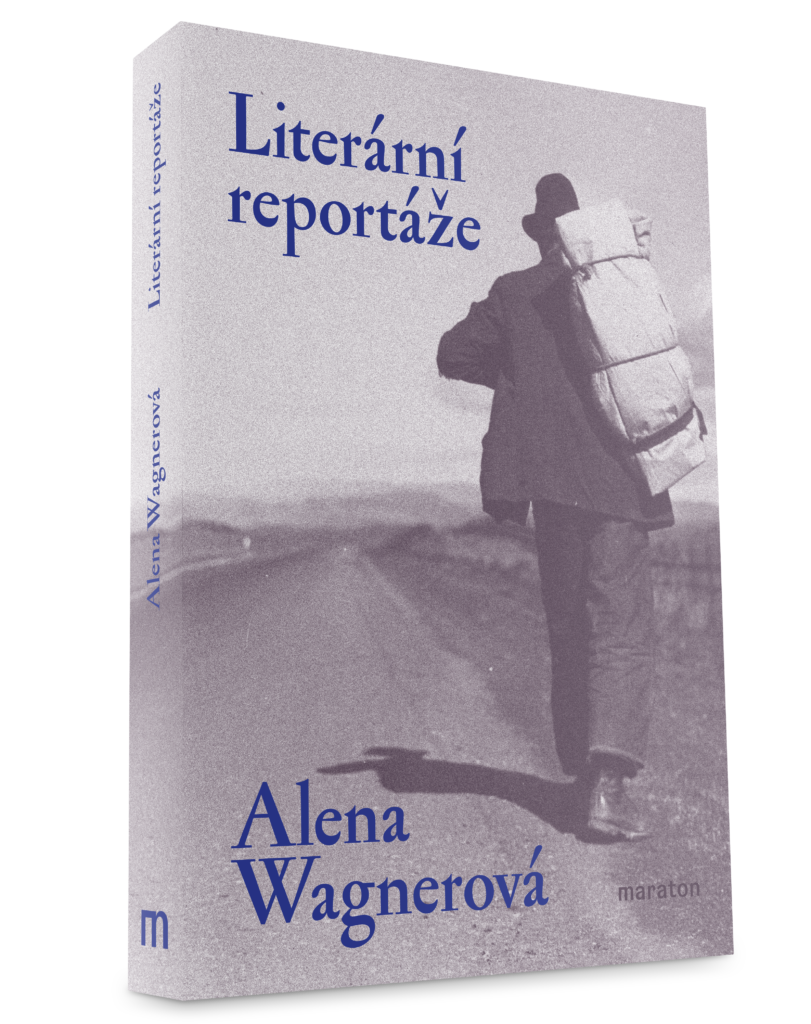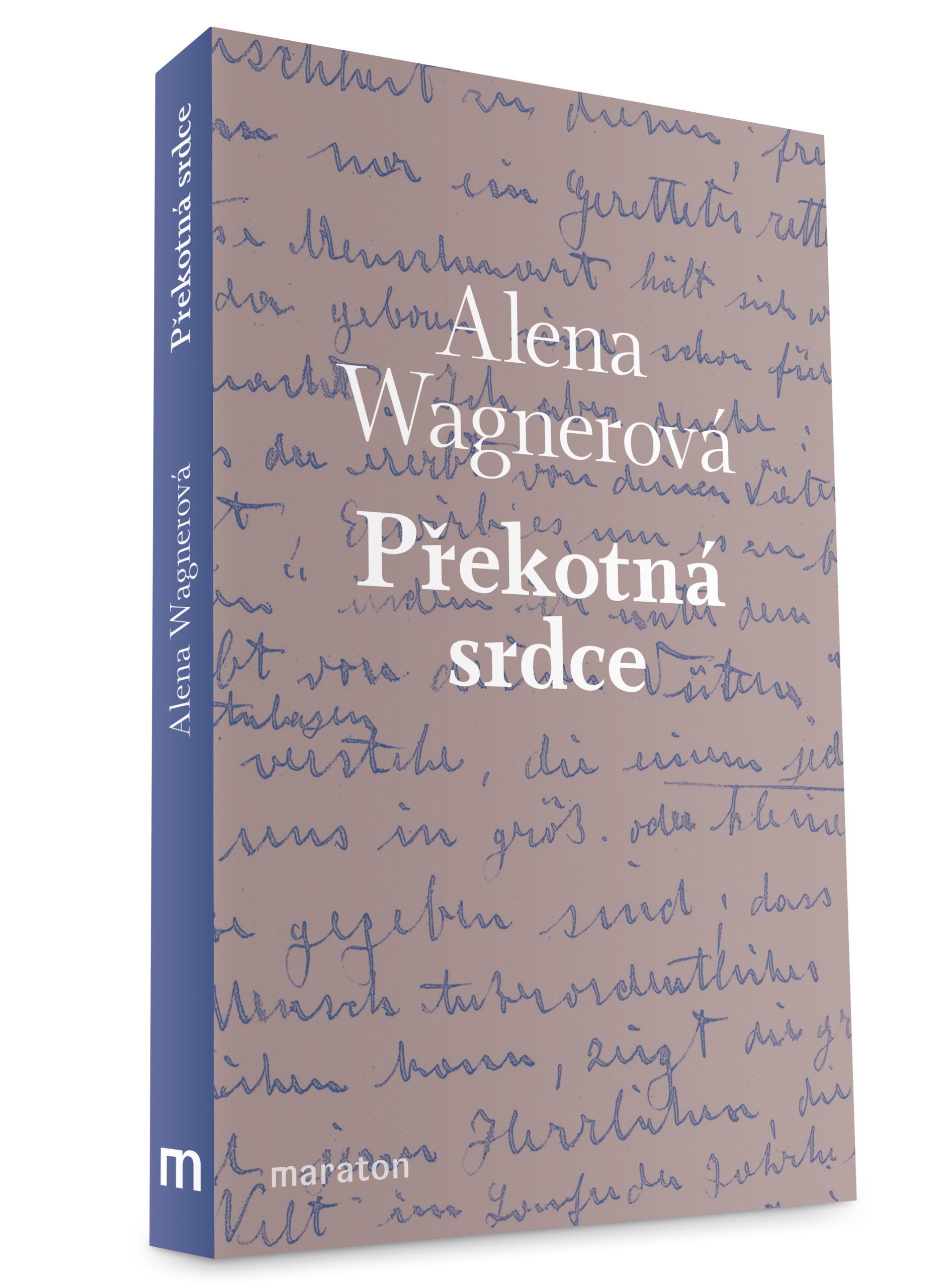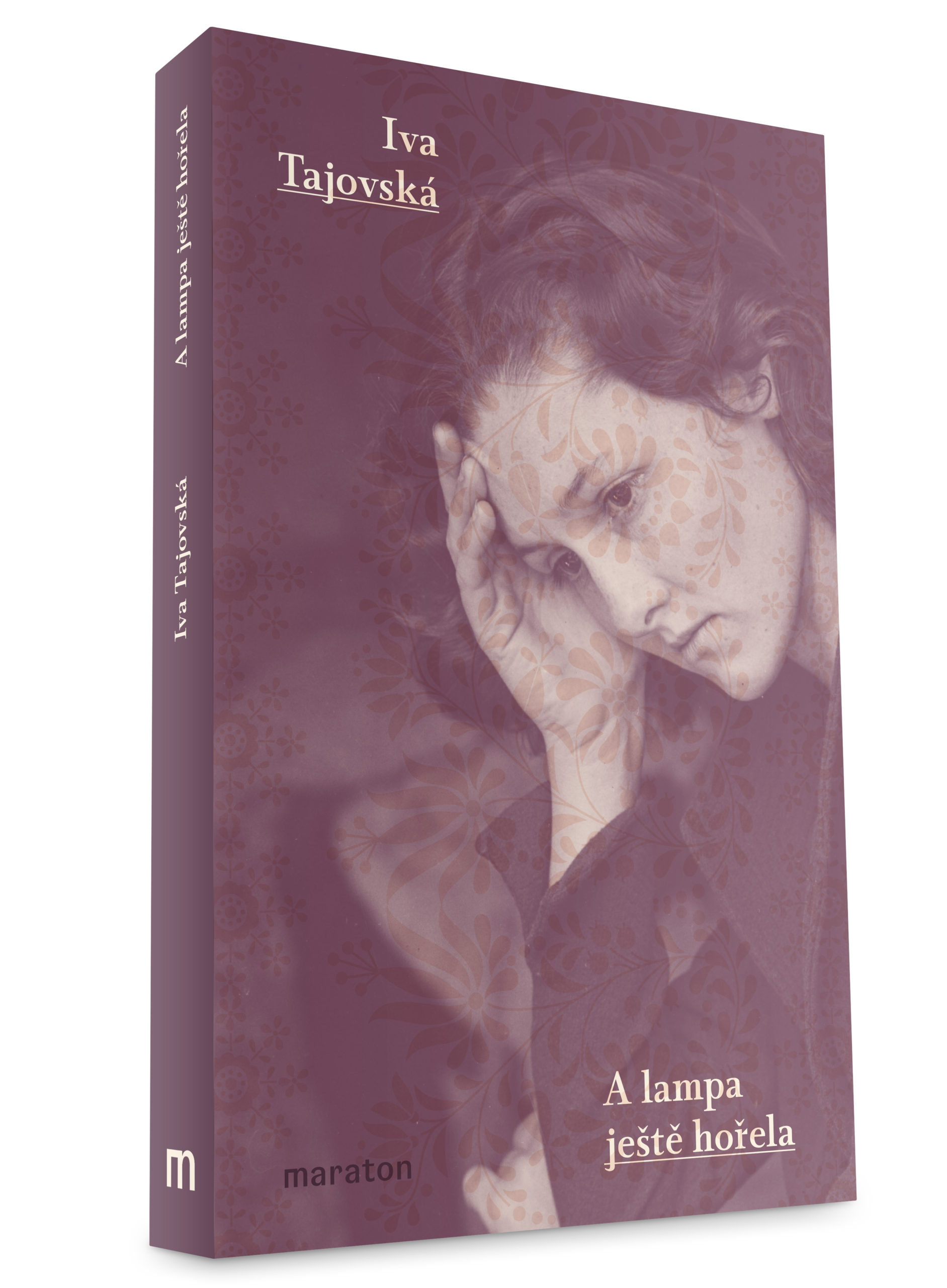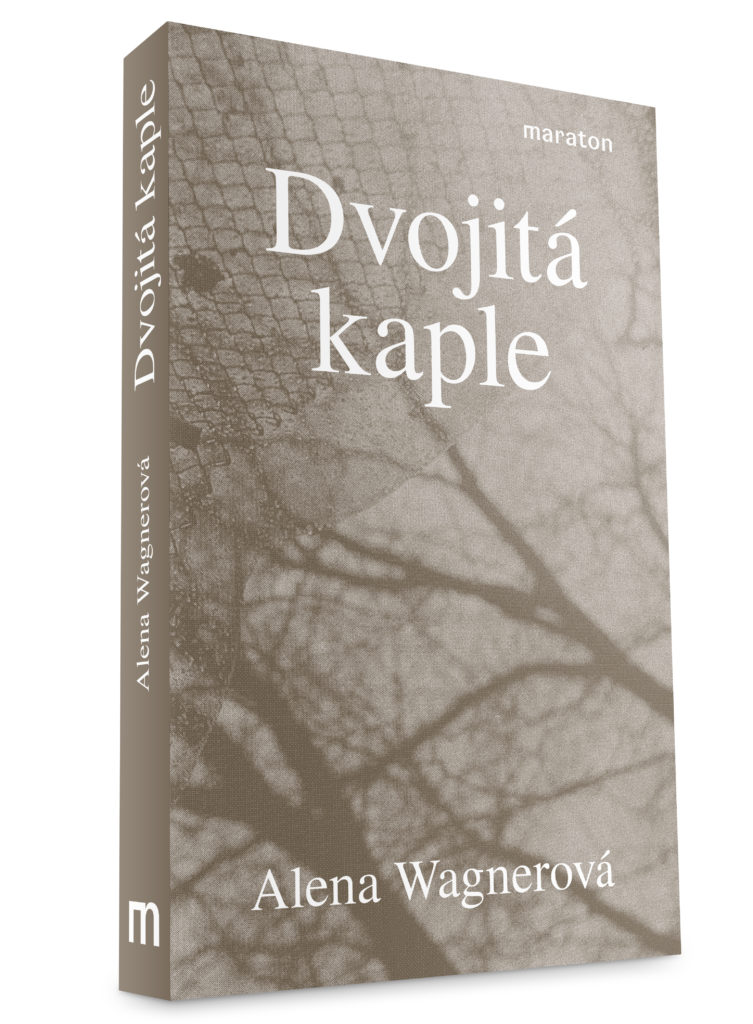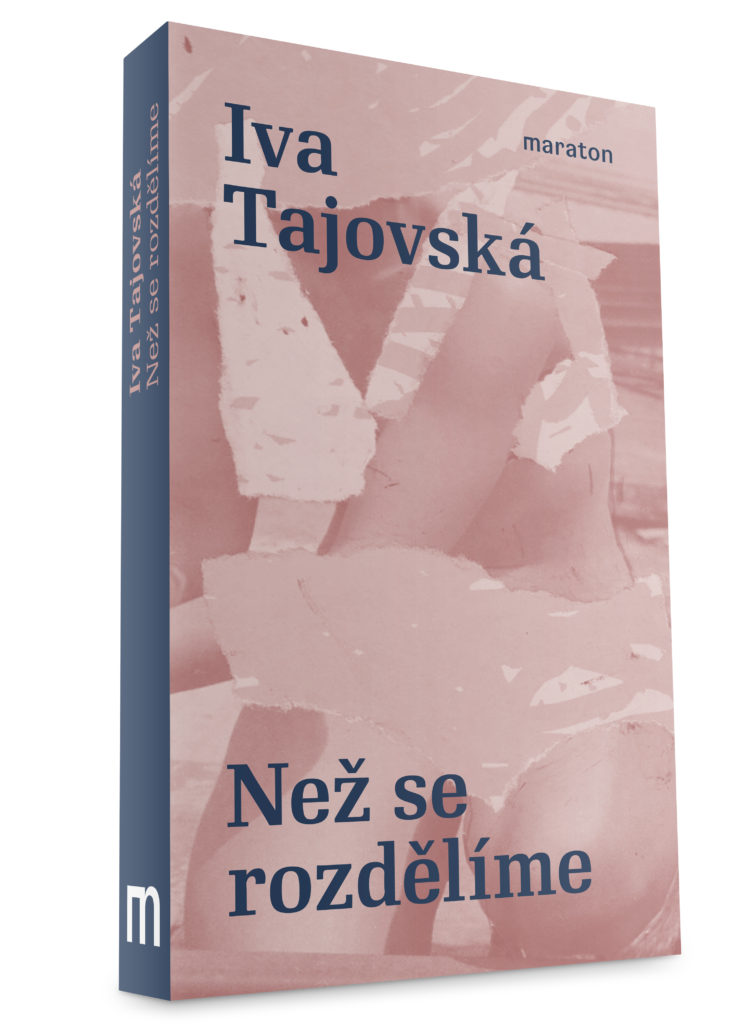Respiratory arrest. The novel resonates in a colourful and multi-layered way with the contemporary societal theme of how to be a good mother. The whirlwind of events during a single day in the life of a mother of two young children, between tender moments of parental love, heated conflicts and sheer exhaustion, are accompanied by metaphors and images of a time when women walked the world with bared breasts and drank water from springs, in short, of a time when a child’s mother was an entire community, long before plastic jungles and playgrounds.
Neutečeš
You won’t get away. In the Christmas time, two boys hanging out in Prague’s Anděl district have their lives changed when a quick burglary turns into a terrifying encounter with an organised drug trafficking group. At the same time, a new client comes to private detective Kob – she wants to track down her son at any cost.
Pastýřka snů
Příběh první české letkyně
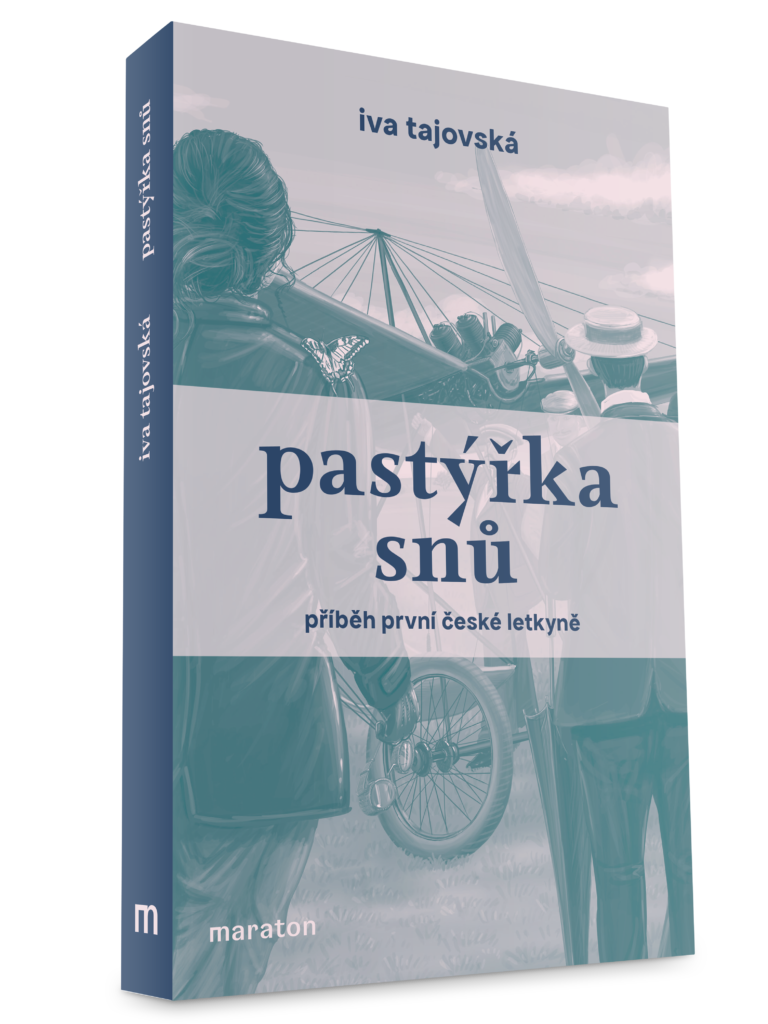
Shepherdess of Dreams.The story of the first Czech female aviator. Iva Tajovská’s latest novel takes us back to the beginning of the 20th century, to the time of the first aviators and promoters of aviation, Jan Kašpar and Eugen Čihák. The story of Božena Langerová is less known to the public, but all the more interesting, as she was the first Czech woman and the thirteenth woman in the world, to fly a plane. The takeoffs and the downfalls of her “butterfly” serve as a metaphor for the events in her life. In the beginning, Božena is confronted with the male prejudice against women in technical fields and also with the disapproval of her mother, who pressures her to live up to her traditional role.
Hella
Hella. The subtitle of the narrative essay debut by the Russian scholar and translator Alena Machoninová refers to the thematic basis of the narrative-essay, that is the life-story of Helena „Hella“ Frischer, a Czech Jewess who served as a model for the character of in the novel Moscow-Border by Jiří Weil. Allegedly, Hella had been executed along with her husband during the Great Terror under Stalin. However, a few years ago it turned out that after having served ten years at a labor camp in northern Russia Hella was set free and then lived in Moscow until her death in 1984. In 2017 her labor camp memoir came out in Czech.
Literární reportáže
Literary Reportage. The writer, editor and oral historian Alena Wagnerová has been involved in the significant genre of literary reportage for more than 50 years. The collection selected by the Maraton publishing house comprises the best of her texts written in 1965–2016, i.e. both texts published in magazines in the Czech Republic, Germany and Switzerland, and those that could not be published in the late-1960s Czechoslovakia due to political reasons.
Překotná srdce
Hearts Too Fast. In the new prosaic book by Alena Wagnerová the reader is about to meet a range of real historical characters – the Catholic bishop Antonín Podlaha, the writers Karl Kraus and Rainer Maria Rilke, the painter Max Švabinský or the personalities of Johannes and Sidonie Nádherný. Yet it is not a historical novel.
A lampa ještě hořela
The Little Lamp Was Burning Still. Oldřiška, the narrator of Iva Tajovská’s new novel, takes us from the beginning of the 20th century through to the summer of 1972 when the demolition of the famous Veselka Hotel in Pardubice symbolically completed her life story. As a result of her troubled family circumstances and her platonic love, she spent her youth and adulthood in loneliness and seclusion, which made her all the more sensitive to the fates of others.
Dvojitá kaple
The Double Chapel. The novel, an intimate confession about the childhood and adolescence of a young woman, about relationships between parents and children, is powerful in its intensity; although it is an introspective prose, a current of internal dialogues and memories of the main heroine, the reader seas a true and profound drama of a family.
Než se rozdělíme
Before We Part. Iva Tajovská’s new novel draws from the events of the 1990s and deals with the disintegration of states and families that occurred during the dissolution of Czechoslovakia and the civil war in Yugoslavia. In this strong and straightforward story the characters are confronted with loneliness, aging and alienation in times that were supposed to be peaceful, but instead brought new guilts and rages.

